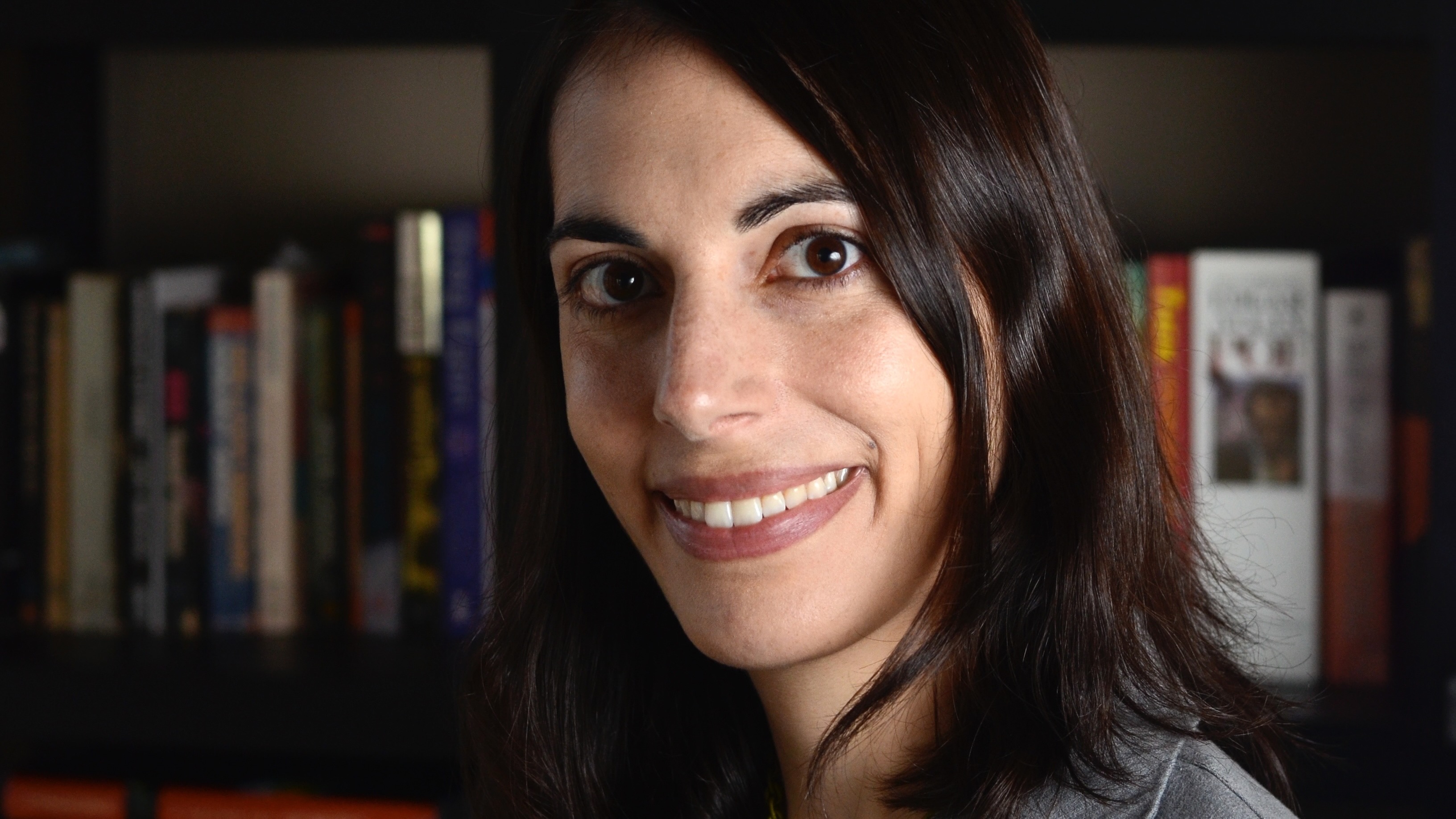CSC - Tania Lombrozo / Believing beyond the evidence

CSC - Tania Lombrozo / Believing beyond the evidence
February 15, Princeton's Tania Lombrozo joins the Cognitive Science Colloquium, presenting her Concepts and Cognition Lab's work on the actual ethics of belief: to what extent do people normally think their beliefs should go beyond (or remain within) what the evidence supports.
Believing beyond the evidence
The mathematician and philosopher W.K. Clifford famously wrote that “…it is wrong always, everywhere, and for anyone to believe anything on insufficient evidence.” While Clifford intended this as a normative stricture, it raises a question about human psychology: to what extent do people hold the beliefs of others to this standard? To what extent do people obey it in forming and evaluating their own beliefs? In this talk I'll present recent work from my lab investigating the extent to which people believe beyond the evidence, and moreover think they *should* believe beyond the evidence. Such cases seem to arise predominantly when moral considerations favor a belief for which the evidence is insufficient or even inconsistent - such as giving a friend the benefit of the doubt (out of loyalty) when evidence suggests they may be to blame, or believing in God in part because this belief is taken to have positive moral value.

